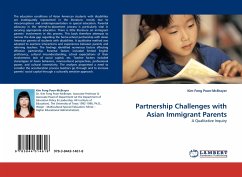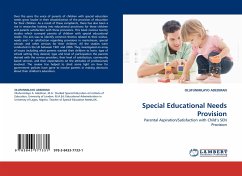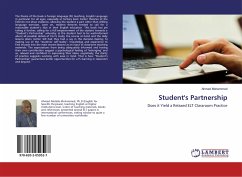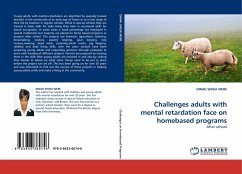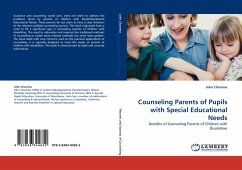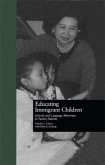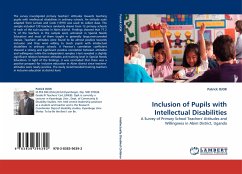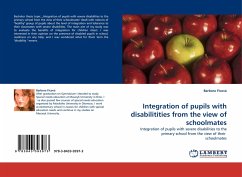The education conditions of Asian American students with disabilities are inadequately represented in the literature, mostly due to misconceptions and underrepresentation in special education. Parental advocacy in the referral-to-placement process is particularly vital in securing appropriate education. There is little literature on immigrant parents' involvement in this process. This book therefore attempts to narrow the data gap regarding the home-school partnership with Asian American parents of students with disabilities. A qualitative method was adopted to examine interactions and experiences between parents and referring teachers. The findings identified numerous factors affecting effective partnership. Parental factors included limited English proficiency, cultural misunderstanding, school expectations of their involvement, lack of social capital, etc. Teacher factors included stereotypes of Asian behaviors, monocultural perspectives, professional power, and cultural insensitivity. The analyses pinpointed a need to consider the acculturation process teachers go through and to increase parents' social capital through a culturally sensitive approach.
Bitte wählen Sie Ihr Anliegen aus.
Rechnungen
Retourenschein anfordern
Bestellstatus
Storno

